Debunking 3 Common Myths About Metal Recycling
Metal recycling is often misunderstood, clouded by myths and misconceptions that can hamper its effectiveness and our willingness to participate. With environmental concerns looming large, it's imperative to address these myths to elevate the importance of metal recycling. Here are three myths that plague this industry.
Myth 1: Metal Recycling Is Too Complicated
One common myth is that metal recycling is too complex and inconvenient for the average person. The truth is that today’s recycling processes are designed to be as straightforward as possible. Most communities have curbside recycling programs that handle metals along with other recyclables. Additionally, many local recycling centers accept a wide variety of metals, making it easy to participate in metal recycling without hassle.
Myth 2: All Metals Are Recycled at High Rates
Another myth is the belief that all metals are recycled at high rates. In reality, according to the United Nations, less than one-third of the 60 metals studied have an end-of-life recycling rate above 50%. This statistic underscores the need for greater awareness and action in metal recycling.
While commonly used metals like aluminum and steel are recycled frequently, many others, such as rare earth metals, are not. This is often due to a lack of adequate recycling infrastructure and limited consumer awareness about the recyclability of different types of metals. Boosting these rates requires continued education and support for recycling programs.
Myth 3: Recycling Metal Uses More Energy Than It Saves
Some people also think that recycling metal uses more energy than it saves, but this couldn't be further from the truth. Recycling metals typically requires significantly less energy compared to extracting new raw materials. Recycling metals like copper and steel results in substantial energy savings. The energy conserved through metal recycling reduces greenhouse gas emissions and conserves natural resources, benefiting both the environment and the economy.
Debunking these common myths is crucial for encouraging more people to engage in metal recycling. The process is more convenient than many believe, the recycling rates for several metals need improvement, and it certainly saves substantial amounts of energy. Understanding these facts can help us all make more informed and responsible choices, contributing to a healthier planet for future generations. By supporting metal recycling efforts and educating others, we can reduce waste, conserve resources, and promote a sustainable future. Contact Allied Scrap Processors, Inc for more information today!

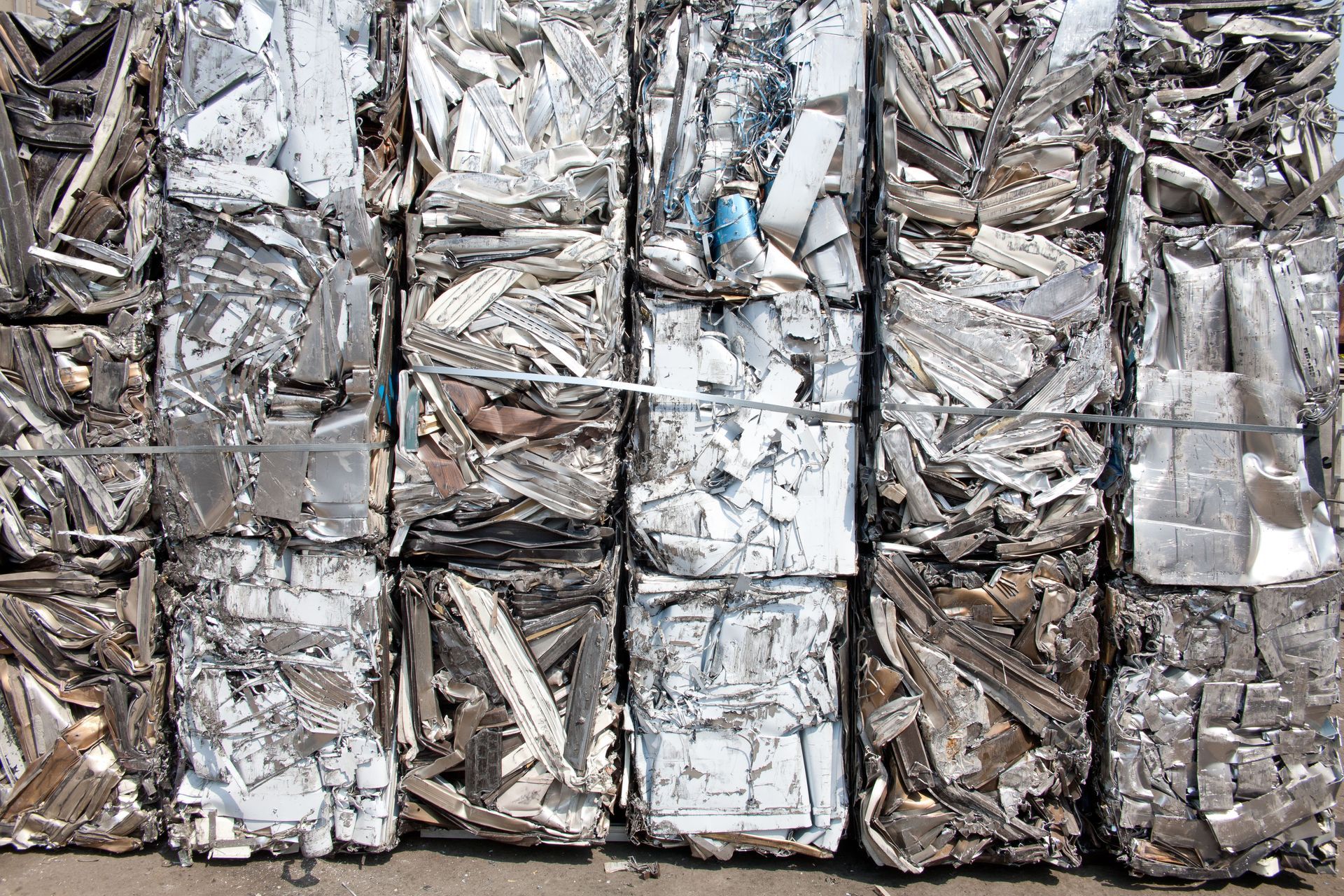
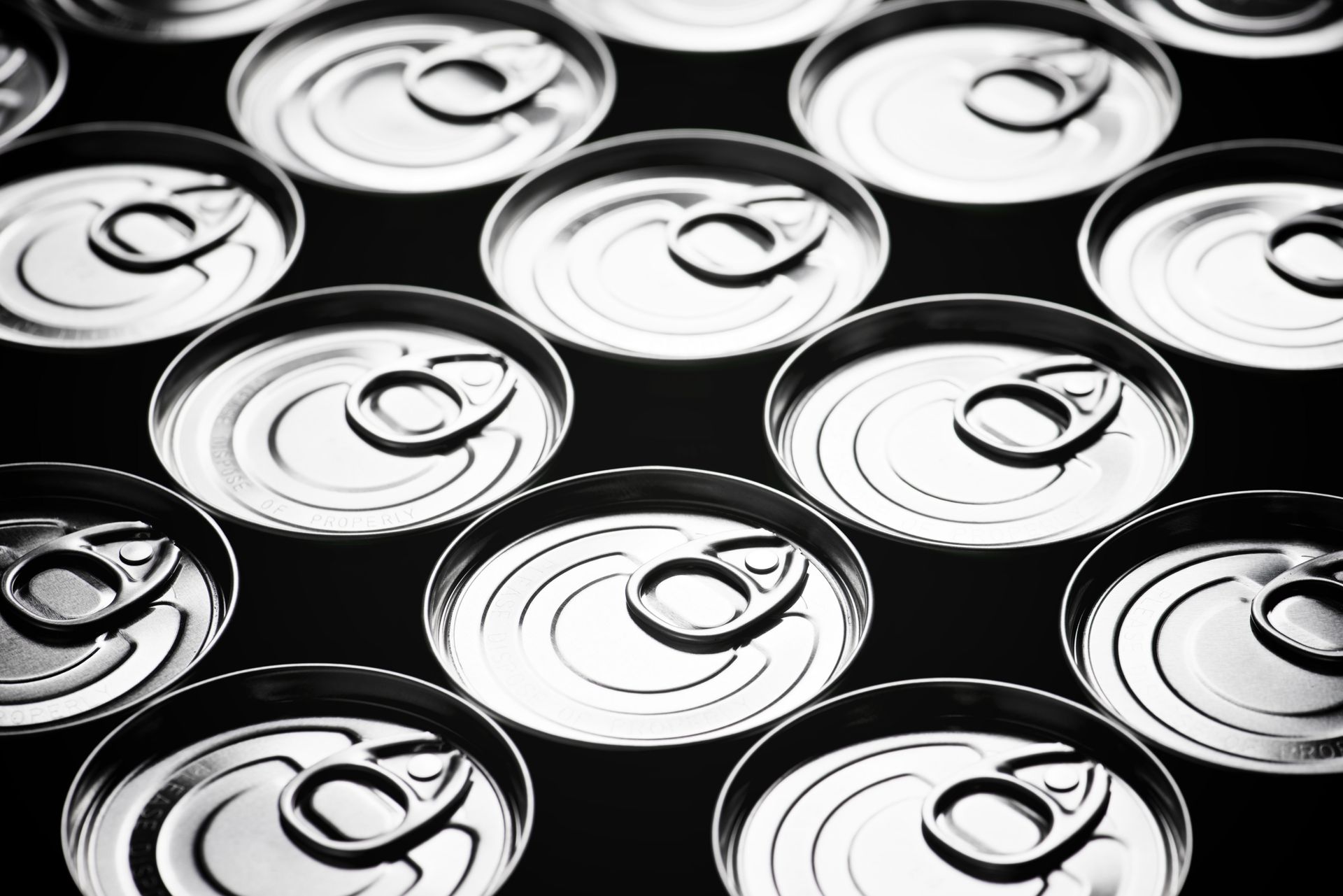
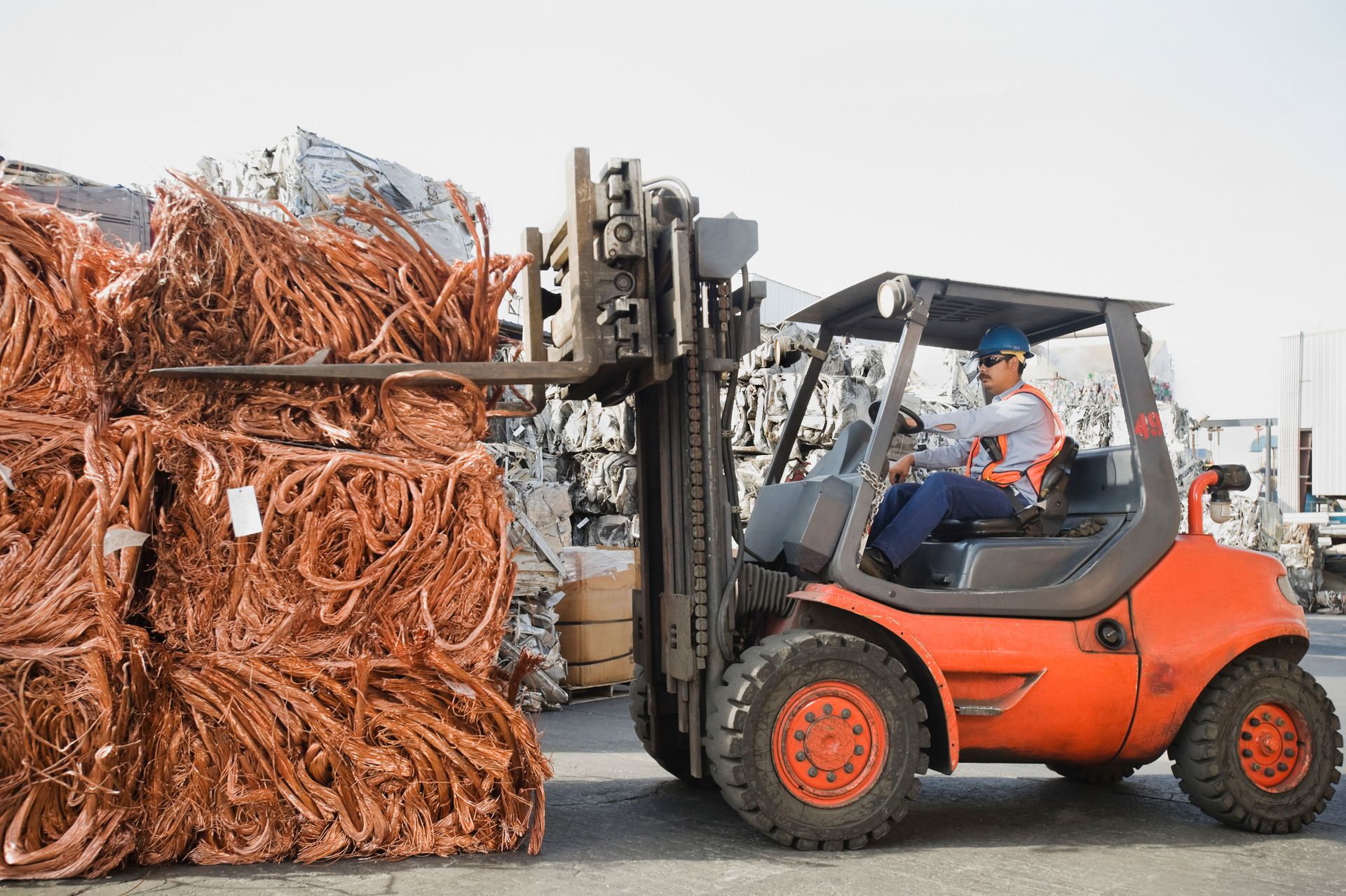

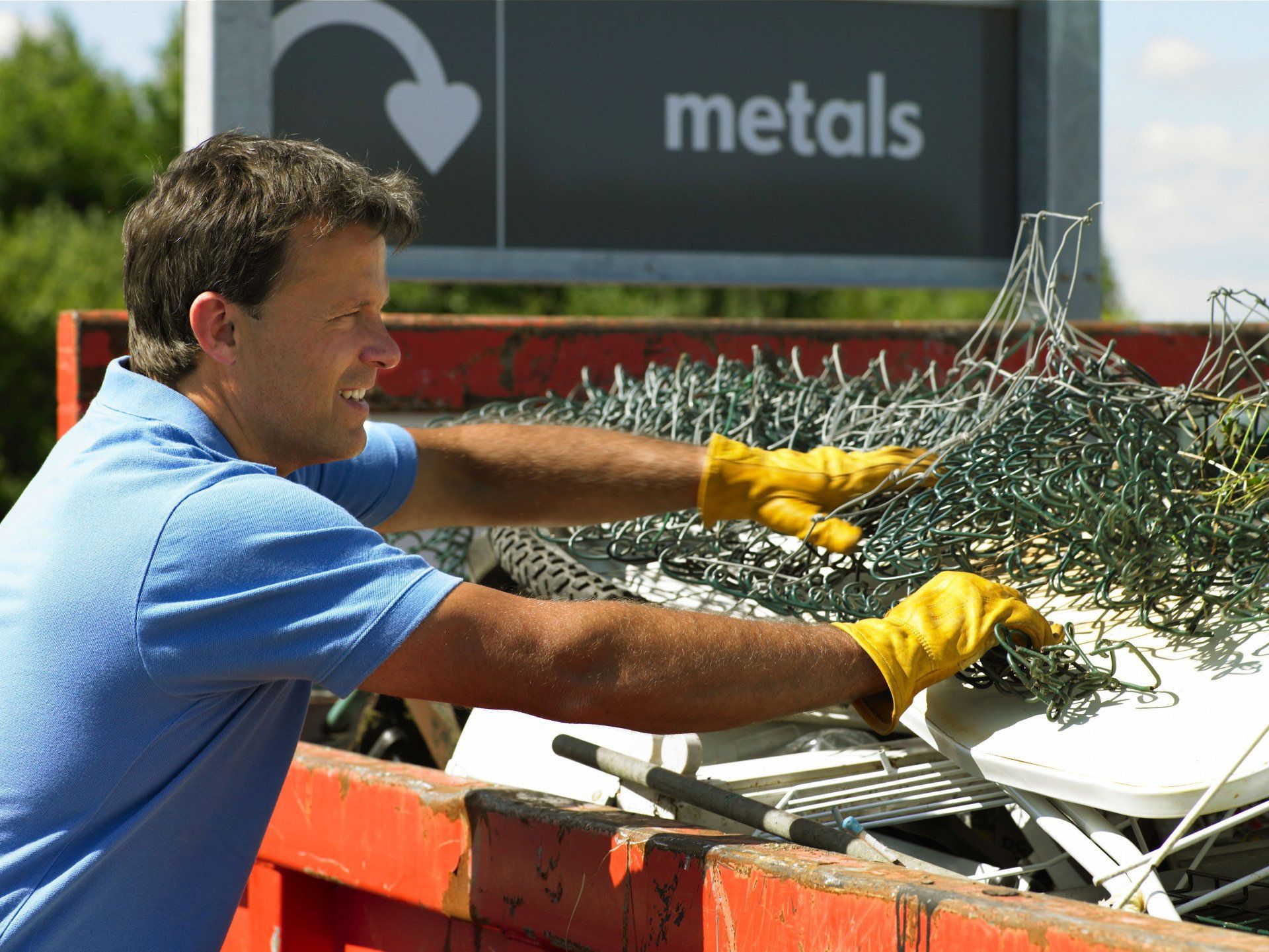
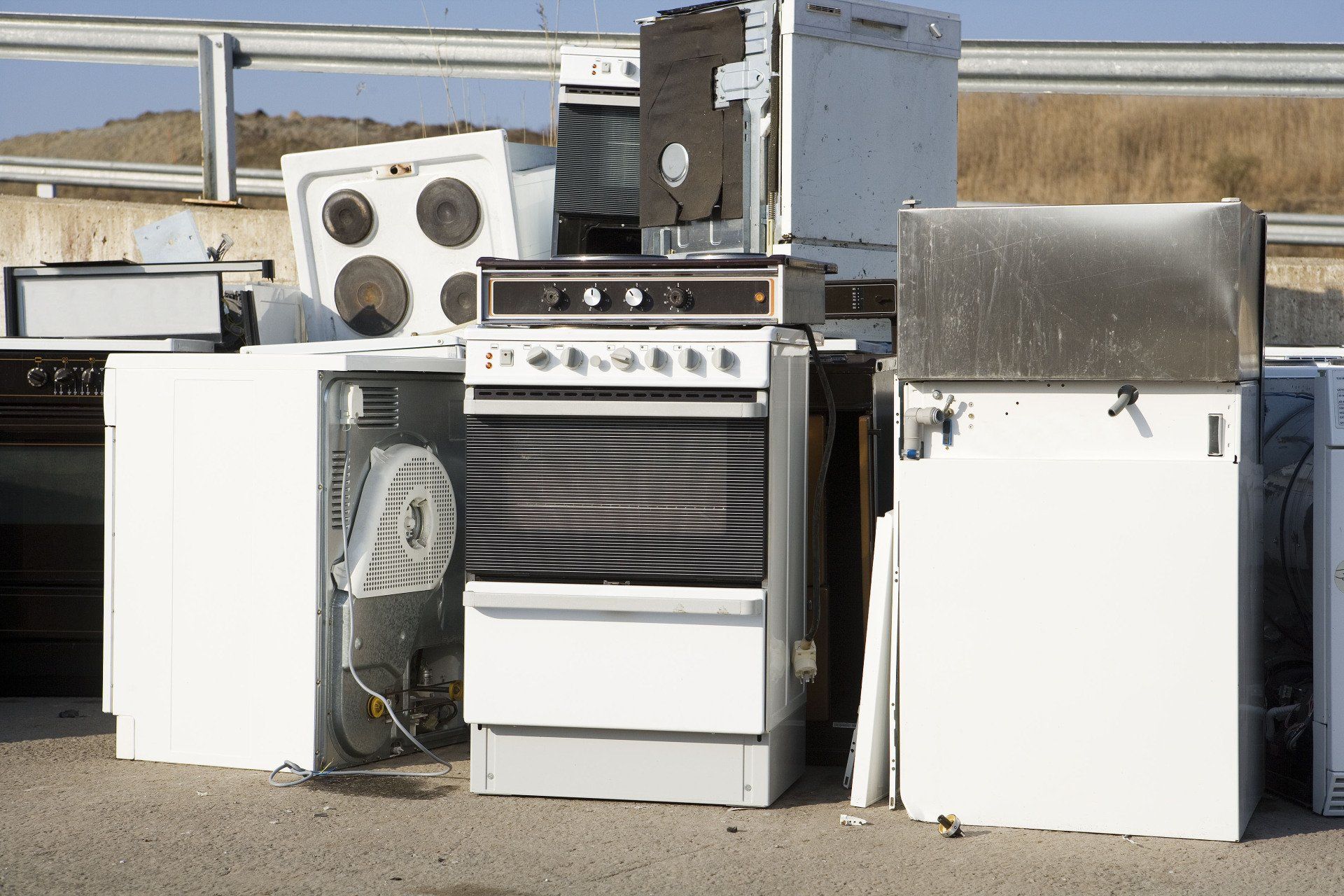
Share On: